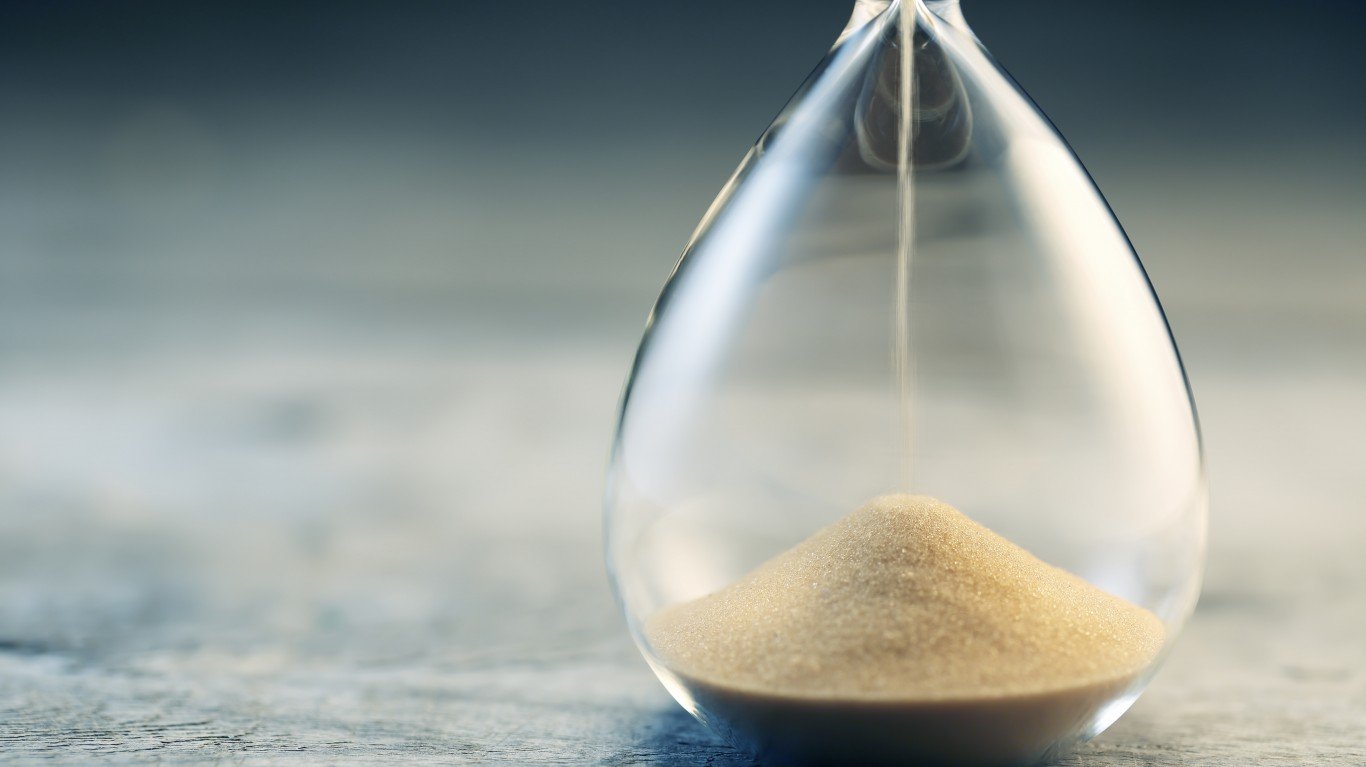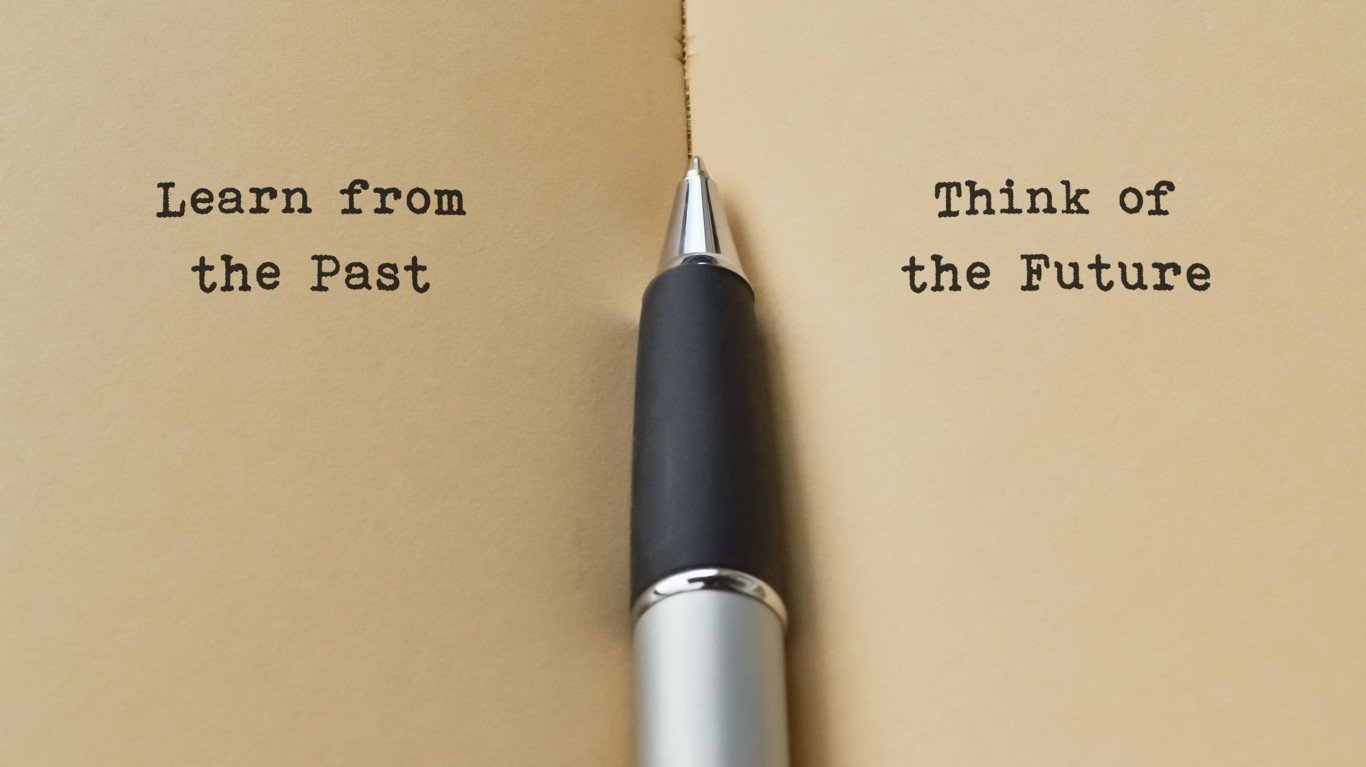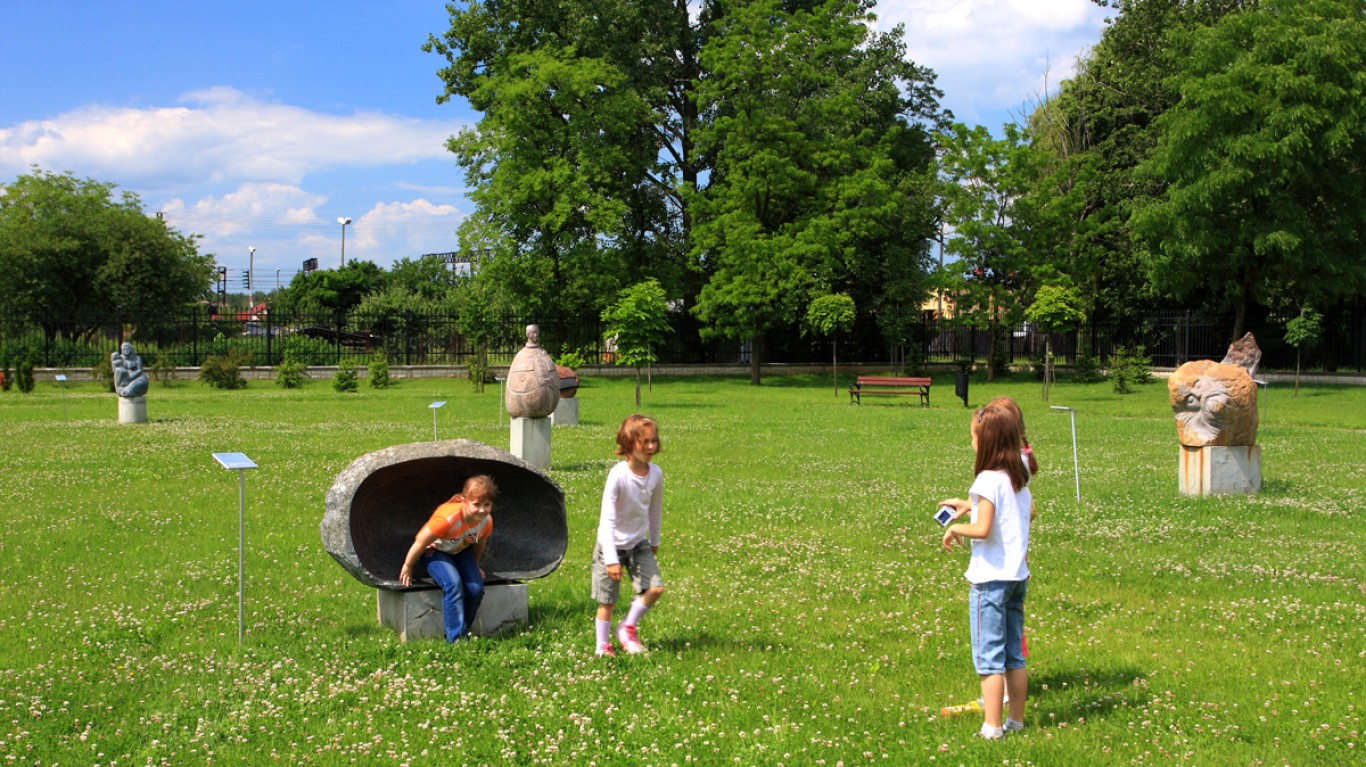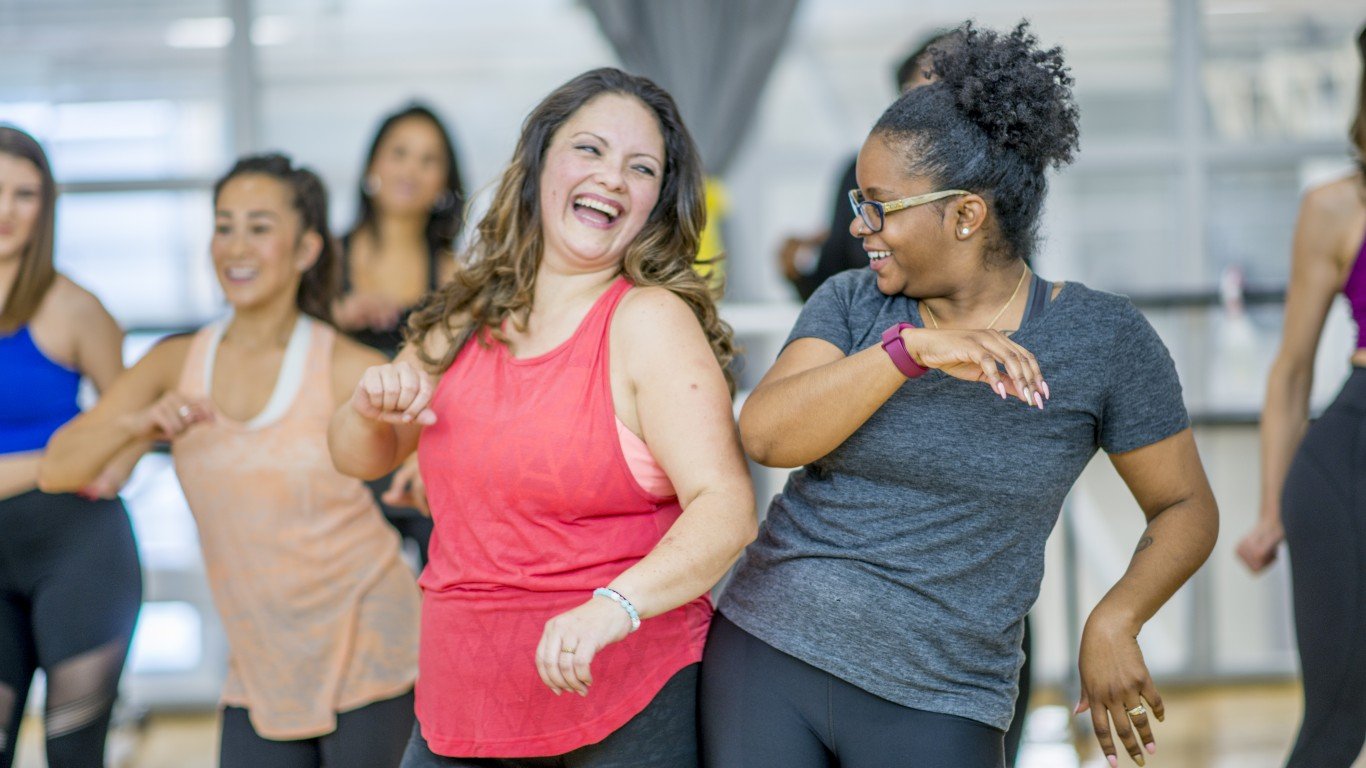

The holidays are a fun time to share gifts, visit with friends and family, take a break from work, and, hopefully, relax. The trouble is that they are over fairly quickly. And once those vacation days are over, people return to their regular routines, which now seem dull.
The biggest difficulty in getting back to the daily grind is seeing the rewards and joy in what we do every day. “Otherwise the contrast between ‘shiny holiday’ and ‘drab everyday life’ can be daunting if we think about it that way,” said Ashley Sanford, a Houston psychologist who specializes in trauma, stress, and depression.
People underestimate how exhausting even happy holidays are and how much rest we need to recover, Sanford said. “The vacation hangover is real.” Don’t expect to be 100% productive on your first day back from vacation. Once people get some rest the weekend after the first week back, the fatigue eases up significantly, she added.
Click here to see how to regain your focus after the holidays, according to psychologists.
Be aware of the signs that you may be overworked or overstressed. These include uncharacteristically negative thoughts and feelings, as well as not finding time for or no longer looking forward to things you used to enjoy, according to Sanford. “Burnout is a serious issue and can lead to severe depression and even suicidal ideation if left unaddressed and untreated,” she said. Some of the physical symptoms include heart palpitations, gastrointestinal issues, and excessive weight loss or gain.
But you don’t have to experience any of these. With some effort and a few tricks you can make it through that stressful transition period at work right after the holidays and prevent it from dragging out.
24/7 Wall St. consulted three psychologists who shared their recommendations for getting over the post-holiday blues and regaining focus at work.

1. Think of time as an investment
We spend so much time getting ready for the holidays and then they are over in just a week, which can be disappointing. The best way to deal with that feeling is to think about the holiday preparation as an investment, according to Sanford. The time you spend decorating, buying gifts, and making plans is really an investment in creating a special experience for you and your loved ones that will continue to pay dividends long after the holidays are over, she noted. “Like all investments, sometimes it doesn’t pay off in the way we hoped, but we can rest in the knowledge that we invested ourselves in something personally meaningful.”
[in-text-ad]

2. Reflect on the past year
Reflection is the key to making happy memories, experiences, and feelings last, according to Angela Taylor, senior therapist and co-founder of Noyau Wellness Center in Dallas. “Write a list of all of the things you are grateful for — the family you saw, the look on your kids faces, the delicious pie grandma only makes once a year, the warm church service, etc.” Writing them down will help you keep these happy feelings at the forefront of your mind, she noted.

3. Don’t expect perfection
“It’s important to have compassion for yourself and others about the transition back and not expect perfection,” Sanford said. People may want to disclose too many personal stories, giving out a lot more than just professional information. “If you want to keep things more professional, express empathy or sympathy, and gently redirect the conversation to work matter.”

4. Write down 10 things you’re grateful for every day
“I feel like this is the best way for me to do it, and you will notice a change in how you perceive and walk through your day because of it,” Taylor said. It’s not that big a number. “You really start looking for things to be grateful for when you know you have to write down 10 at the end of the day.” You’ll start to notice the person who let you in in traffic, the compliment you received, or the way your kid smiled at you when you got home. “This practice can be life changing,” Taylor added.
[in-text-ad-2]

5. Spend money on experiences
Studies have shown that people don’t get lasting happiness from buying material possessions, according to Richard Enander, a licensed clinical psychologist in Dallas. “Where you get the most bang for your buck is in buying experiences.” Instead of getting a fancy new toy, put that money towards a vacation. “Now you’ve bought yourself a set of experiences that you will share with select loved ones and, what’s more, you’ll have the memories for a lifetime.”

6. Create a photo book
After the holidays is a great time to look through all of your pictures and make a photo book, Taylor said. “This will help you recall all of the wonderful things that happened and create lasting memories to reflect upon throughout the year.”
[in-text-ad]

7. Know it’s unnatural to simply switch off from vacation
In a way, it is unnatural for people to completely compartmentalize their lives when they walk in or out of the office, according to Sanford. “While appropriate boundaries are important, it is unhealthy to stuff thoughts and emotions down or deny them just because the clock says it is time; finding that balance can be tricky.”
“Realistically, it takes a couple of weeks to really get back into a regular routine,” Taylor said. People spend the last 30 to 90 days of the year winding down and letting go of all of their good habits, she noted. “It’s going to take some time to reestablish healthy behaviors and get back on track.”

8. Use electronic devices with purpose
It’s not about permanently switching off your computer or television and throwing out your smartphone. Absolutes may not be the answer. “Instead, it can be helpful to think about how you use media and what purpose you want it to serve for you,” Sanford said. Is it serving that purpose? If not — and especially if it takes more away from you then you get out of it — it might be time to be more intentional about media consumption and only use it for the purpose you want, she noted.

9. Go on short walks
“After the holidays, our minds might wander and we might be thinking about places we’d rather be or things we’d rather be doing than being at work,” Enander said. “Some of my patients find it really helpful to take a five-minute break at work to do a brief and meditative breathing exercise.” By spending just five minutes quietly focusing on your breath, you can bring a sense of calmness and clarity to your day and increase attention to your work, he added.
[in-text-ad-2]

10. Stay away from unmotivated people
They can be contagious, Taylor said. If you’re around friends or family who haven’t gotten back into the swing of things, it’s easier to follow suit. “They may actively be telling you that ‘there’s always tomorrow’ or ‘just start on a Monday,’ or it may just be something you feel is easier when no one else around you is moving forward.” Avoid these people for a while, if you can.

11. Be mindful of the good times ahead
Remembering the good memories from the holidays, while also being mindful of the good times in the coming weeks, months, and in the new year can be helpful in beating the post-holiday blues, Sanford said. “I encourage clients to hold things loosely rather than cling to times gone by, enjoying them and knowing that there are more good times ahead.” Being stuck in the past makes a person less open to and appreciative of the next big thing that may come along.
[in-text-ad]

12. Consider a digital detox
“When you stop looking at everyone else’s highlight reel, you can really start thinking about the things that are important to you,” Taylor said. “What do you want for your life without comparison?” It can be a great experiment to write out your dreams in the morning before you’ve turned anything digital on and again after a day of scrolling, she suggested.

12. Give yourself a ramp up period
“Maybe use a couple of days to figure out your new goals and professional expectations for this year,” Taylor said. “Let yourself slowly (but steadily) get back into your routine.” You can burn out if you try to jump back in too quickly, so take one task at a time and set a rhythm for yourself, she added.

13. Exercise
“I regularly recommend exercise — and especially outdoor exercise if the weather permits,” Sanford said. It helps regulate levels of cortisol, the “stress” hormone, and adrenaline. “It can be very effective at getting our bodies and moods regulated again for countless reasons.”
Physically active people are also more productive and motivated in all areas of their lives, she noted. “You get more energy, and the same chemicals released from an antidepressant medication are released when you’re working out.”
[in-text-ad-2]

14. Go for a hike
Go for a hike, or take any trip that requires physical activity outdoors. “Every year my friends and I plan a hiking trip in a different part of the country, and it’s honestly one of the very best things I do for my mental health,” Enander said. “Getting outside and in touch with nature is a very grounding experience as it causes us to deal with life in a very visceral way that gets us out of the consumer-materialist mindset.”

15. Plan a vacation
Planning something new and exciting can get you invigorated to lean into your life, Taylor said. Thinking about what you need to do now to be in a great place to take that vacation can really help with beating post-holiday blues.
[in-text-ad]

16. Practice gratitude
“Practicing gratitude is very helpful but not in a hit-and-run way,” Sanford said. It is more helpful if a person spends some time reflecting on why he or she is grateful and how it is meaningful, she added. “Spending time regularly practicing gratitude rewires the brain by gradually shifting what we pay attention to and are aware of.” You get bonus points if you express your gratitude in depth to another person and build it into your home or work culture, she added.
Take This Retirement Quiz To Get Matched With A Financial Advisor (Sponsored)
Take the quiz below to get matched with a financial advisor today.
Each advisor has been vetted by SmartAsset and is held to a fiduciary standard to act in your best interests.
Here’s how it works:
1. Answer SmartAsset advisor match quiz
2. Review your pre-screened matches at your leisure. Check out the
advisors’ profiles.
3. Speak with advisors at no cost to you. Have an introductory call on the phone or introduction in person and choose whom to work with in the future
Take the retirement quiz right here.
Thank you for reading! Have some feedback for us?
Contact the 24/7 Wall St. editorial team.
 24/7 Wall St.
24/7 Wall St.
